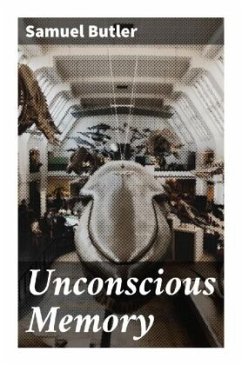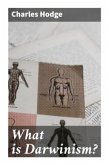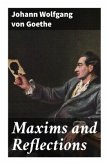In "Unconscious Memory," Samuel Butler engages with the intricate dynamics of memory and consciousness through a philosophical and psychological lens. Written in an accessible yet incisive style, Butler combines anecdotal evidence with theoretical musings to explore the mechanisms of memory that influence perception and identity. The work, published in the late 19th century, reflects the era's burgeoning interest in psychology, as well as the influence of Darwinian thought, proposing that individual experiences are unconsciously embedded, shaping our thoughts and actions. Samuel Butler, a polymath and keen observer of human behavior, drew upon his diverse experiences-ranging from his early life in New Zealand to his extensive travels and literary engagements-to inform his reflections on memory. His background as a writer, artist, and thinker in the Victorian intellectual milieu allowed him to merge philosophical inquiry with literary expression, making his insights both profound and perspicuous. Butler's skepticism of conventional narratives around consciousness makes this work a precursor to modern psychological discourse. Recommended for scholars, psychologists, and general readers alike, "Unconscious Memory" offers a thought-provoking examination of how the unseen forces of memory shape our lives. Butler's exploration is not only intellectually stimulating but also deeply relevant, inviting readers to reconsider the role of memory in human experience and the very nature of self.








